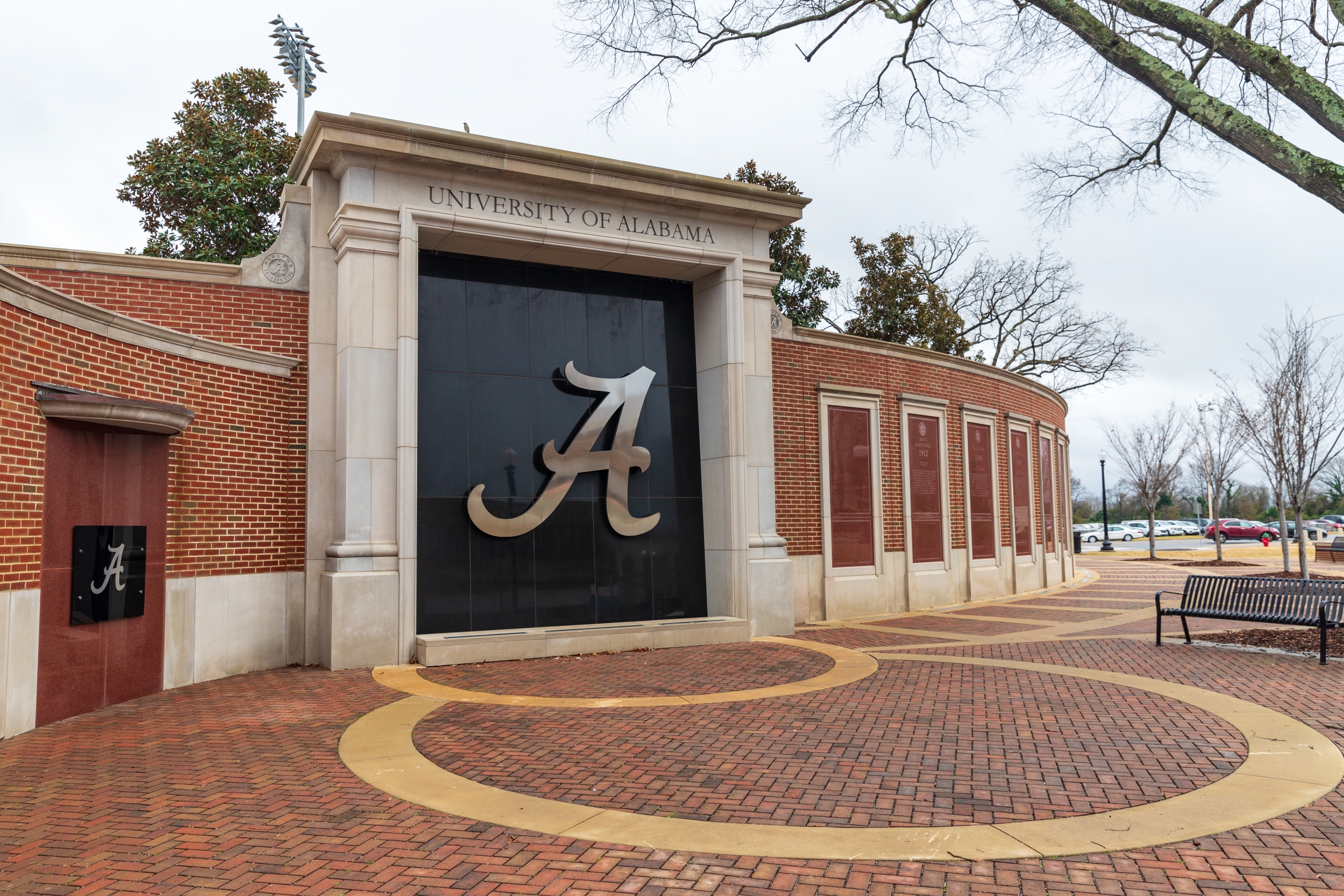The University of Alabama Faculty Senate has officially passed a resolution stating its opposition to legislation banning Critical Race Theory.
The group had previously discussed a resolution by the state school board banning the theory at the K-12 level as well as the potential of legislation in the upcoming session that could impact higher education.
In the Dec. 16 resolution, the faculty senate states its commitment to “free and open inquiry and expression for members of its campus communities-faculty, staff, and students” and that “it is not the proper role of an institution to shield or attempt to shield individuals from ideas and opinions they find unwelcome, disagreeable, or even deeply offensive.”
Banning Critical Race Theory has gained traction for Republicans as elections approach — Gov. Kay Ivey’s first campaign ad leads with Ivey stating “Thank God we live in Alabama. There’s no Critical Race Theory in our schools…”
The theory has not been taught in Alabama’s secondary schools and is even rare at the collegiate level, although a course is sometimes offered at the University of Alabama’s law school.
Multiple representatives have brought forward bills seeking to block the teaching of Critical Race Theory to varying levels including State Reps. Chris Pringle, R-Mobile; Ed Oliver, R-Dadeville; and Danny Crawford, R-Athens.
“Any pending legislation in the Alabama legislature that infringes on academic freedom and expression is anathema to this ideal,” the faculty senate states in its resolution. “BE IT RESOLVED that the Faculty Senate at The University of Alabama expects the President to acknowledge that The University of Alabama opposes proposed and future legislation that undermines academic freedom and, therefore, the historic purpose of higher education, and expects the Board of Trustees to maintain its stated commitment to academic freedom; and,
“BE IT FURTHER RESOLVED that, in the event such legislation passes, the Faculty Senate at The University of Alabama urges the President, Administration, and Board of Trustees to heed and appeal to long-held precedent set by the Supreme Court of the United States affirming the importance of academic freedom.”






















































